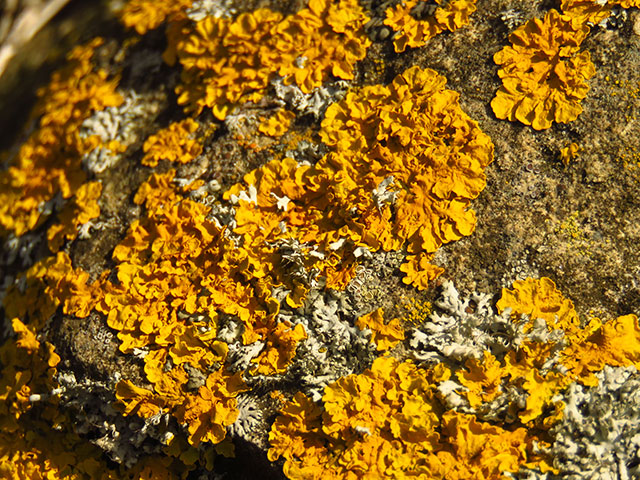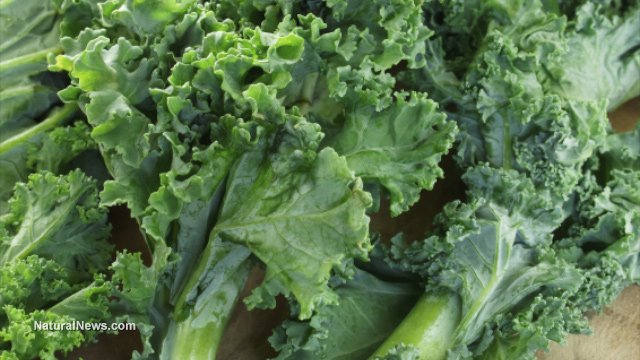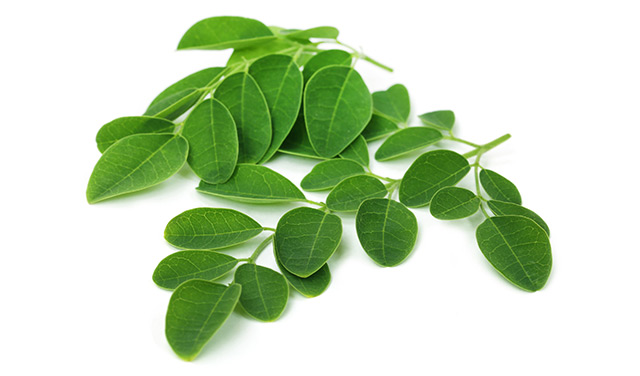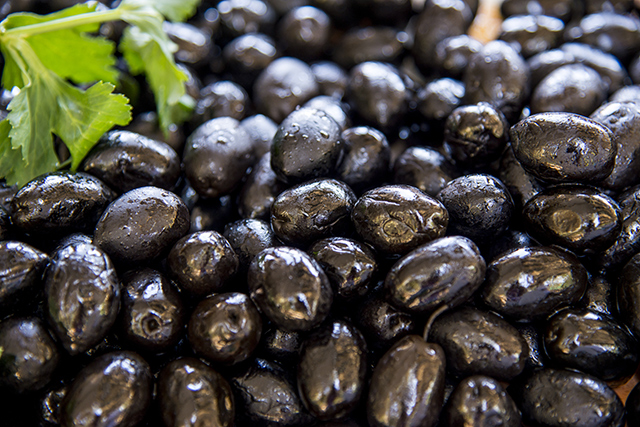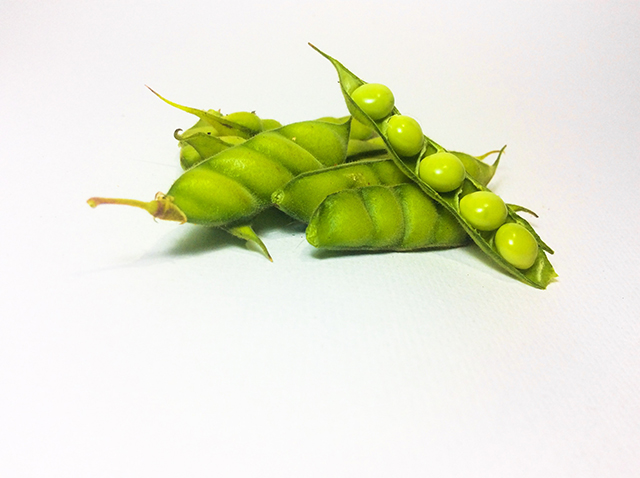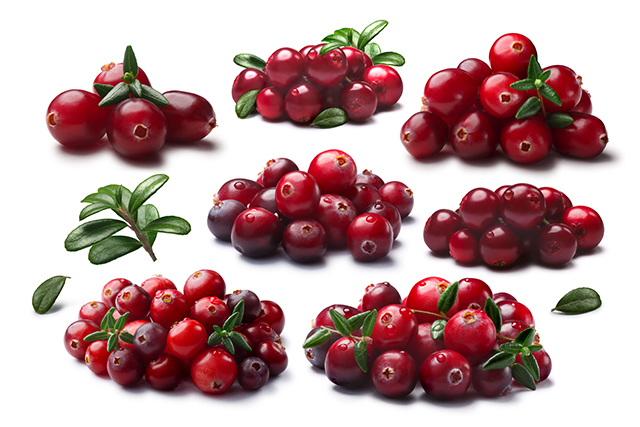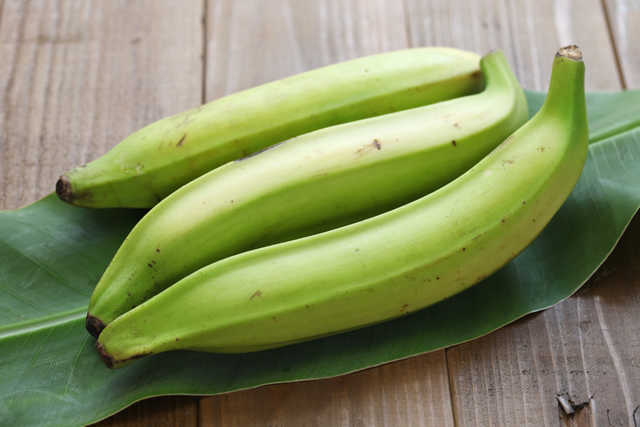Experimental study finds the velvet bean to be a promising natural treatment for depression
09/27/2018 / By Rhonda Johansson
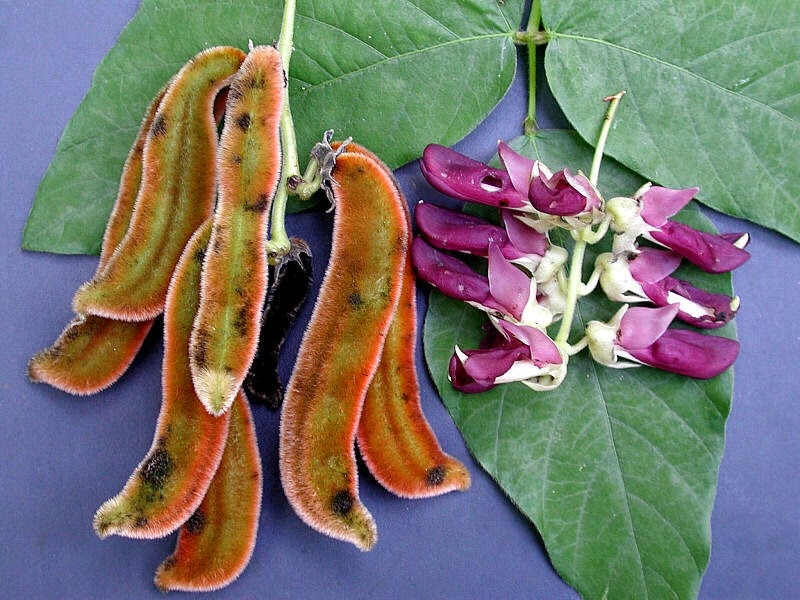
Many patients diagnosed with Parkinson’s disease develop one form or another of depression. These mood disturbances influence many other aspects of the disease. Apart from the inherent emotional distress brought about by depression, the mental illness can contribute to motor and cognitive decline, functional disability, and other psychiatric comorbidities associated with parkinsonism.
Unfortunately, modern medicine believes that “curing” either condition requires the intake of dozens of pharmaceutical drugs, despite results being lackluster at best. The argument given to those who say conventional therapies are ineffective is that while these medications do work, the proper combination of which medications to take (along with their respective dosages) has yet to be found. It is this childish and potentially dangerous way of thinking that adds further pain to people already suffering from this degenerative disease.
It was with this in mind that researchers looked into the antidepressive effects of velvet bean (Mucuna pruriens). The under-utilized and indeed little-known legume is an established herbal substance used in traditional folk medicine. This current study, published in Herbal Medicine: Open Access, concluded that velvet beans contain many bioactive constituents that alleviate experimental models of depression associated with parkinsonism. (Related: Battle mental disorders with these natural herbs.)
For the purposes of the study, 11 groups of six Swiss mice, each of either sex, were observed for 14 days. They were classified accordingly:
- Group 1 was treated with 10 ml/kg of normal saline (control)
- Group 2 was treated with 10 ml/kg of normal saline (model control)
- Group 3 was treated with 100 mg/kg of isolated levodopa (one of the main drugs to treat Parkinson’s symptoms)
- Group 4 was treated with 200 mg/kg of isolated levodopa
- Group 5 was treated with 200 mg/kg of the amino acid fraction of velvet bean
- Group 6 was treated with 400 mg/kg of the amino acid fraction of velvet bean
- Group 7 was treated with 200 mg/kg of the alkaloid fraction of velvet bean
- Group 8 was treated with 400 mg/kg of the alkaloid fraction of velvet bean
- Group 9 was treated with 10 ml/kg with normal saline for 14 days and 20 mg/kg of Fluoxetine (an antidepressant), 30 minutes after the last dose of normal saline
- Group 10 was treated with 10 ml/kg of normal saline for 14 days and 1 mg/kg of Reboxetine (an antidepressant), 30 minutes after the last dose of normal saline
- Group 11 was treated with 10 ml/kg of normal saline for 14 days and 2 mg/kg of Bromocriptine (used to lessen symptoms of Parkinson’s), 30 minutes after the last dose of normal saline
The levels of dopamine, noradrenaline, and serotonin in the mice were also assessed. Mice were evaluated in the catalepsy test, forced swim test, rotarod test, and locomotor activity test after being challenged with haloperidol (an antipsychotic medication that can induce catalepsy when taken in large doses).
Authors of the study found that velvet bean, whether as an alkaloid fraction or as an amino acid fraction improved neurotransmitter levels better than both the antidepressants and the medications used to treat Parkinson’s. Further, it was shown that the legume was not associated with any adverse side effect, a usual complaint from psychiatric drugs.
It was concluded that velvet bean may serve as an alternative remedy for depression associated with Parkinson’s disease.
A few more notes on velvet bean
Velvet bean is a vigorous annual climbing legume and is native to southern China and eastern India. It has long, slender branches, white flowers, and bluish-purple butterfly-shaped corolla.
It is widely used in traditional Ayurvedic medicine, mostly as a powerful aphrodisiac.
Read more articles on natural ways to cure depression at Healing.news.
Sources include:
Tagged Under: alternative medicine, depression, goodherb, herbal medicine, Herbs, mental health, Mucuna pruriens, natural medicine, natural remedies, Naturopathy, Parkinson's Disease, parkinsonism, research, velvet bean

